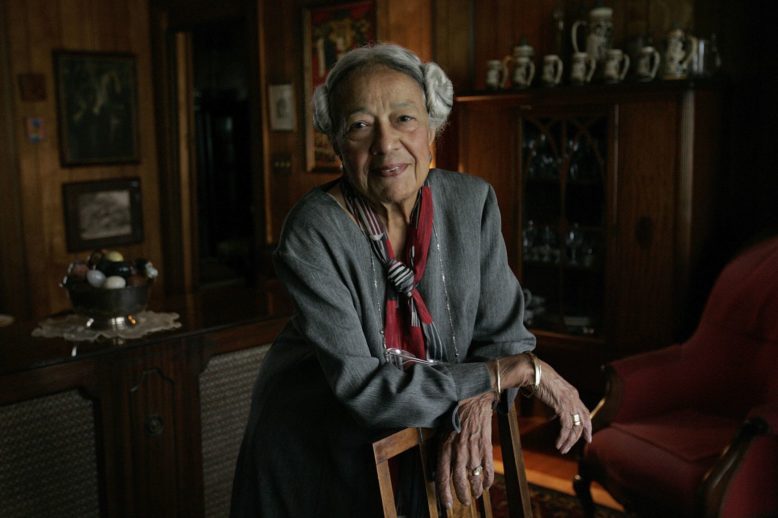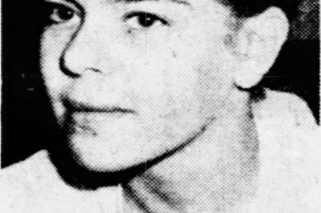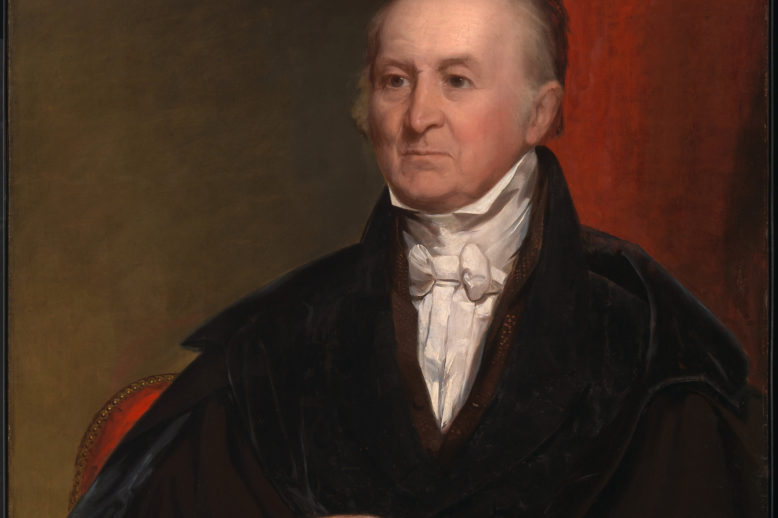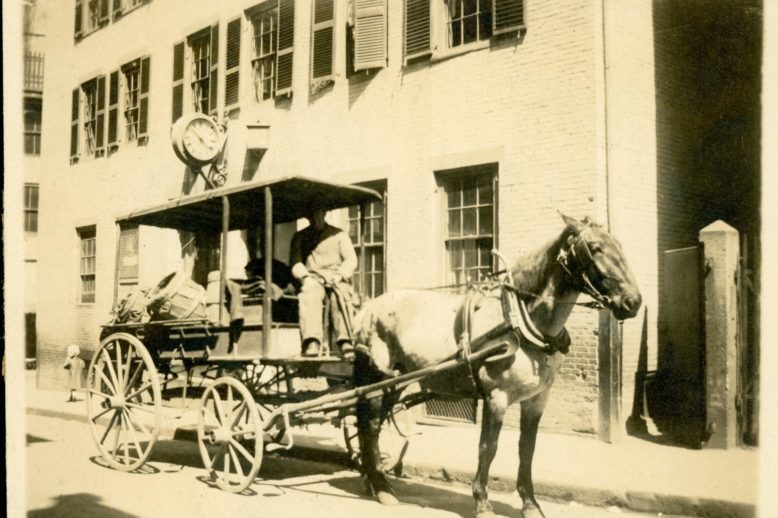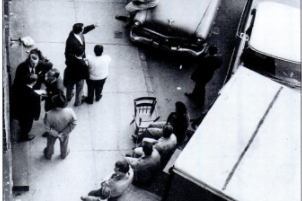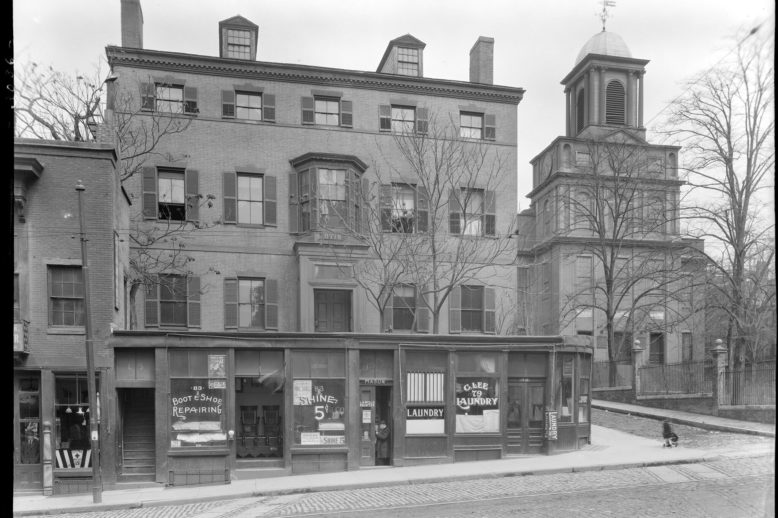Topic: Women
Women’s issues, suffrage, girls, anyone using she/her pronouns
Adelaide Cromwell, the late sociologist who taught at Boston University and founded BU’s African American Studies program in 1969, documented and visualized the West End’s historic Black community in the 1800s.
At the age of five, Sarah Roberts was at the center of a lawsuit against racially segregated public schools in Boston in 1847. Roberts, a Black girl, was denied the equal right to attend the public school of her choice, forced instead to walk past five public schools to the Black-only Abiel Smith School in the old West End.
Marilyn Hurvitz, an eleven-year-old girl of Polish descent in the West End, took pride in growing a vegetable garden that was ordinarily inaccessible in tenement life.
Harrison & Sally Otis Harrison Grey Otis was a major political and business figure in Boston during the Federalist Period. He is best known as a supporter of Charles Bulfinch, as Boston’s third mayor, and as a leader of the Hartford Convention. His wife, Sally, was a skilled socialite and hostess, who provided significant support for…
One of the West End’s most prominent settlement houses, the EPH served as a community center, education space, and more for more than half a century in the West End, and continues its work today in Somerville.
The West End Woman Suffrage League connected African-American leaders in the old West End to the larger movement for women’s suffrage in Boston, the rest of New England, and the country as a whole.
The history of urban renewal in the West End is well-known, and locals are familiar with names of the “last West Enders” who refused to leave their neighborhood. As the aftermath of urban renewal lives with us today, there are a few ways to look at “the last” of the old neighborhood.
The Williams Sisters occupied the Otis House in the mid 19th century, operating the grand Bulfinch Mansion as a boarding house.


